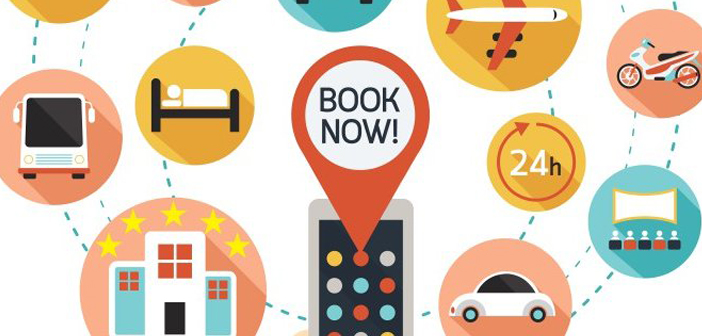By Bharat (Bruce) Patel, AAHOA Chairman (2016-2017)
Last February, Hilton launched “Stop Clicking Around,” a campaign to drive direct bookings and encourage membership in Hilton HHonors, the Hilton rewards program. At the same time, Marriott International introduced a digital campaign called #itpaystobookdirect, which offered guests a price match and an additional 25-percent discount, should they find a cheaper rate on a non-Marriott website. Other brands followed suit, and 2016 became the year of the direct-booking craze – demonstrating that even the biggest names in our industry are feeling the pinch of OTA commissions.
Unfortunately, while the campaigns did boost direct bookings, none ever delivered results significant enough to threaten the OTAs’ profitability or importance to occupancy numbers. In 2017, then, our focus as hotel owners should be neither to beat nor to join them, but to use them to achieve the ideal distribution mix and maximum return on investment.
The more direct, the better. Direct bookings are often more profitable than those booked through a third party. Aside from nominal costs associated with running the property’s CRS, there is comparatively little associated expense, meaning that direct bookings – which include walk-ins, phone reservations and bookings made on the property website – should almost never be capped. A well-managed marketing budget can help drive direct bookings even higher with strategically placed digital advertisements like search-engine campaigns or even retargeting ads.
OTA participation is mandatory. And the OTAs themselves are a critical component of the modern distribution mix, with Travel Tripper, Inc., recommending that they account for 20 to 25 percent of all reservations. That may seem counterintuitive, but without your property’s OTA presence, millions of potential guests would never know it existed. Think of the commission as a one-time “introduction” fee. Your job, once a guest books your property, is to use every available resource to convert him or her into a loyal customer – meaning, ideally, that all his or her future bookings will be made directly.
Metasearch is growing – fast. Sites like Kayak, TripAdvisor, and Trivago have given traditional OTAs a run for their money in the last several years, with the ultimate goal of becoming a one-stop travel-booking shop. Meta sites work by searching multiple OTAs for traveler-specified criteria and presenting the results in a side-by-side format that makes comparison (and purchase) easier than ever. For hoteliers, the benefits can be enormous. “If you’re working with a booking engine provider that offers direct connections to Metasearch channels, work with them to create a direct link to your own website,” recommends Helena Rowe of hotel-marketing firm Net Affinity. The result? Your property can leverage the power of huge meta sites without paying OTA commissions.
The guest experience is changing. And at the end of the day, the booking process is just one piece of the puzzle. Hoteliers must evolve to meet shifting guest expectations during their stay. Just as human travel agents have largely been replaced by OTAs, self-service via mobile apps is rapidly replacing the desire for face-to-face interaction with hotel staff. In fact, Entrepreneur reports that a whopping 85 percent of consumers would rather use a mobile app than a mobile-optimized website. Look for free, user-friendly apps that complement your guests’ experience during their stay; even if a property-specific app doesn’t make financial sense for your hotel, you can still offer the convenience of app-based communication (via WhatsApp, for example) and information on area attractions.
The time investment required to maintain your OTA and meta-site presence is significant, but it pales in comparison to the volume of missed opportunities resulting from a lackluster profile and outdated communication tools. In 2017, I encourage you to put your marketing dollars to work to attract guests, win their loyalty and deliver a seamless, hassle-free on-site experience for all.




